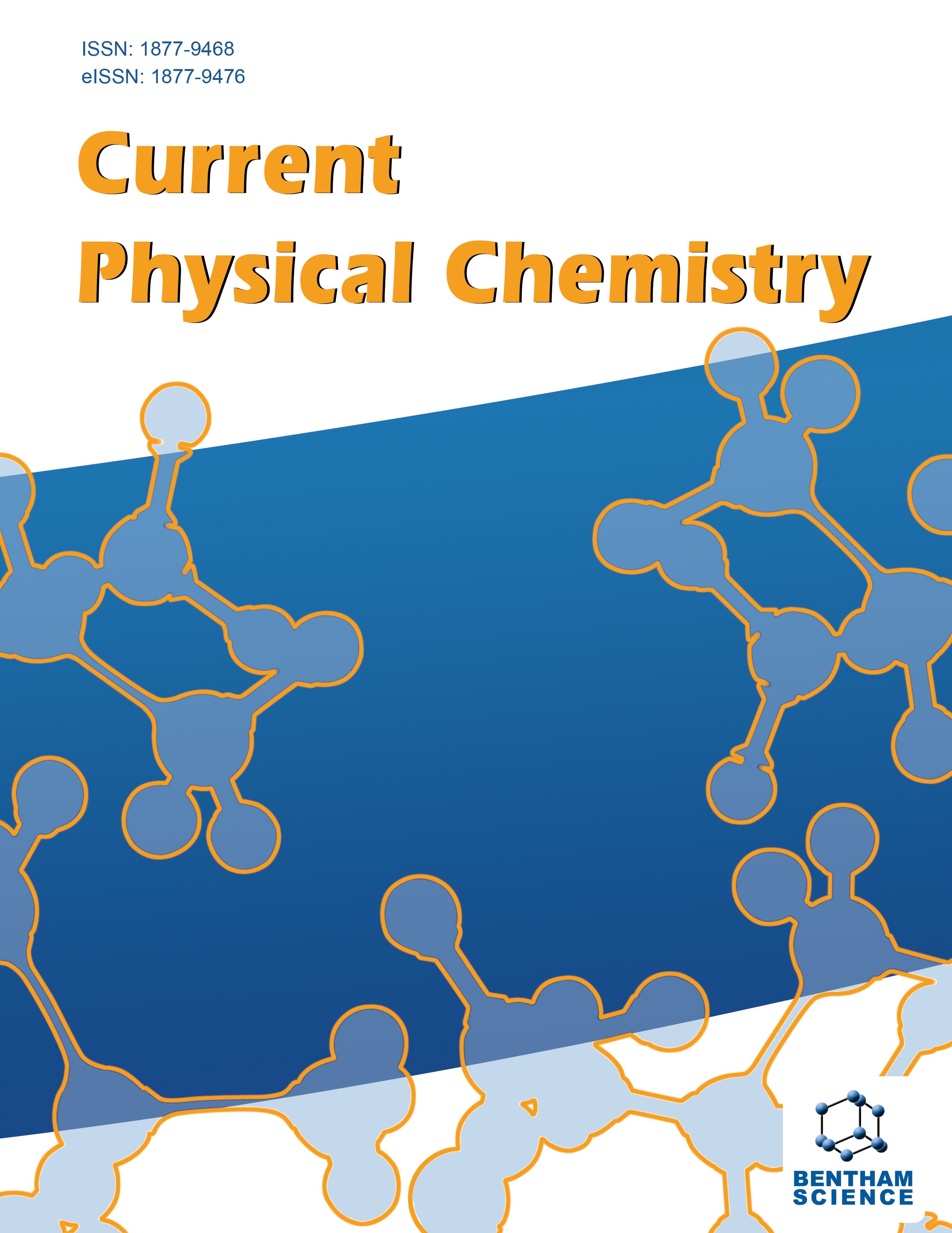
Full text loading...
Nano-catalytic methodologies offer innovative approaches to convert biomass into gaseous and liquid fuels, contributing significantly to sustainable energy solutions. This abstract explores key aspects of nano-catalysis in biomass conversion, highlighting its role in enhancing reaction efficiency, selectivity, and process sustainability. The utilization of nano-sized catalysts, such as metal nanoparticles supported on various substrates, facilitates crucial thermochemical and biochemical processes. These include pyrolysis and gasification for gaseous fuel production, as well as enzymatic hydrolysis and fermentation for liquid biofuel synthesis. Nano-catalysts improve reaction kinetics, reduce energy requirements, and enhance product yields by providing tailored active sites and promoting desirable chemical transformations. Challenges such as catalyst stability under harsh conditions and scalability issues are also addressed, underscoring the need for continued research in catalyst design and process integration. Ultimately, nano-catalytic methodologies represent a promising avenue toward maximizing biomass utilization, advancing renewable energy technologies, and mitigating environmental impacts associated with conventional fuels.

Article metrics loading...

Full text loading...
References


Data & Media loading...

